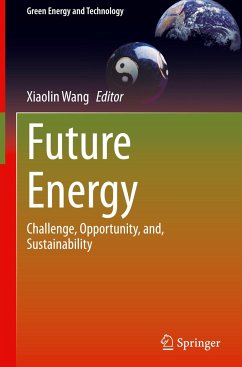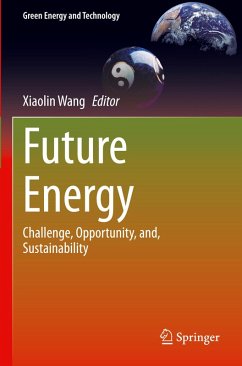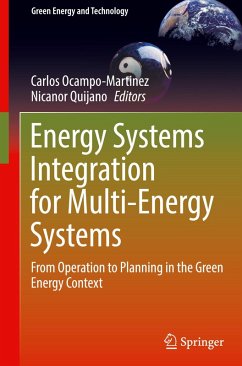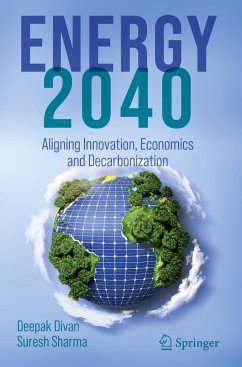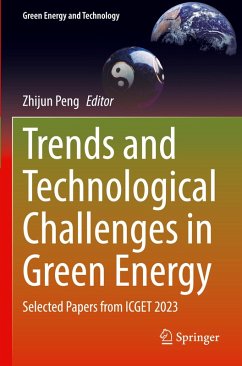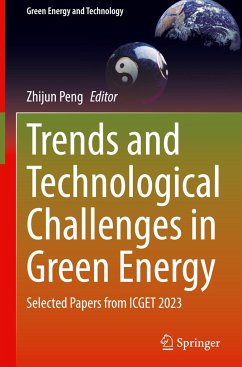
Future Directions in Energy Engineering
Challenges, Opportunities, and Sustainability
Herausgegeben: Wang, Xiaolin

PAYBACK Punkte
46 °P sammeln!
Future Directions in Energy Engineering: Challenges, Opportunities, and Sustainability presents new advances and research results in theoretical, experimental, and practical sustainable energy engineering. Contributions cover case studies to explore and analyze technological advancements alongside practical applications to help readers better understand the relevant concepts and solutions necessary to achieve clean energy and sustainable development. The book brings together the latest developments in the emerging areas of intelligent power systems, green energy, and technology. Coverage inclu...
Future Directions in Energy Engineering: Challenges, Opportunities, and Sustainability presents new advances and research results in theoretical, experimental, and practical sustainable energy engineering. Contributions cover case studies to explore and analyze technological advancements alongside practical applications to help readers better understand the relevant concepts and solutions necessary to achieve clean energy and sustainable development. The book brings together the latest developments in the emerging areas of intelligent power systems, green energy, and technology. Coverage includes:
Electric power generation, transmission, and distribution;Power system economics, operation, and control;Energy storage and cybersecurity for smart grids;Energy efficiency in building designs and management;Sustainable materials for buildings;Integration of renewable energy sources in buildings;Greening urbanization and urban settlements.
The book offers approaches to help engineers and researchers in sustainable energy engineering technologies solve practical problems affecting their daily work.
Electric power generation, transmission, and distribution;Power system economics, operation, and control;Energy storage and cybersecurity for smart grids;Energy efficiency in building designs and management;Sustainable materials for buildings;Integration of renewable energy sources in buildings;Greening urbanization and urban settlements.
The book offers approaches to help engineers and researchers in sustainable energy engineering technologies solve practical problems affecting their daily work.






